Tell us how you started working with MSF.
MSF had a project treating the war wounded in the city of Kisangani in the Democratic Republic of Congo (DRC) during the conflict in 2000. I had just finished my studies and was caring for my grandfather. It was then that I started wanting to help others as well. MSF approached me and asked if I wanted to work with them and I accepted.
Then in 2008, I applied for a position in a project in Lubutu as store keeper, where I stayed until 2012. From 2012 until 2018, I worked in Masisi, initially as store manager then as a supply officer. And finally, since 2018, I have been responsible for coordinating and organising associative life of MSF staff here in Masisi, which was a recently created position at that time.
What are some of the challenges you faced in your career within MSF and how have you addressed them?
For some positions like stock management, I had to go up and down ladders to take things off the shelves, carry some heavy items sometimes, and this was not always easy. Similarly, when I was a nurse in an MSF emergency response, supporting the war wounded, I had to stand on my feet for many hours, which also was difficult in view of my physical condition, but I did my best to do my work. There are mountainous areas in Masisi, where I had to hike up and come down its difficult and slippery trails several times, and sometimes I fell. But that did not stop me from doing my job and reaching my goals.
Did MSF take into consideration your physical condition from the onset? And did you manage this on your own or did you get support?
There was no reference made to my condition. I was informed about what my job would entail and then I just threw myself into it. I was supported by my colleagues, but at the same time I did not want to always be assisted. Sometimes, I am a bit stubborn; I would feel too vulnerable if people always helped me and this would make me feel uncomfortable. This is why I would put in more effort. I appreciated that colleagues were supporting me, and wanted to do things for me, but I would resist letting them, as I wanted to make sure that I was doing my share as well.
MSF often works in very difficult conditions. How equipped is MSF today to include people with special needs from a staff recruitment perspective?
First, I did not notice that there are special considerations taken if someone with mobility issues applied for a position. I personally always applied to positions and I had to past tests, some of which I failed and others not, and so there are no ‘special favours’ made.
What do you believe should be improved for the inclusion of staff with special needs, including encouraging them to apply to positions they may think are not accessible to them?
It is true that when I applied I was afraid that I would go to the interview and they would see my condition and would not accept me on that basis. But I mustered my courage and I was selected. One thing MSF could do is encourage people with special needs to apply when we publish job vacancies. They may be limited in one capacity, but have experience in another. If this is clarified, like me at the beginning, this will speak to those who may think that there are conditions that would prevent them from doing this job. And this would also mean MSF loses out on their other competencies because they are afraid to apply.
In your current role and specifically within the associative life, what is the current level of awareness about the issue of inclusion? Is it something that is being addressed?
For the time being in DRC, this is not yet an issue on the agenda. However, from my side as a coordinator for our associative life, we have already put it in our objectives for this year. The idea will be to start sharing and disseminating information in each project, as well as before and during the field associative days (FADs) to sensitise people and give them practical advice about how to make where they work more inclusive. This should not be limited to recruitment; it concerns, for example, the way our facilities are built. There is nothing currently taken into account in that regard. From time to time I have to ask someone to help me to climb up stairs or use my crutches. There are small things that can be done to make our premises more accessible to people, for example in our bathrooms and meetings rooms. Even if they are a minority, we should allow for those with special needs to be integrated into MSF.
And what about our patients?
Let me tell you an example; in our awareness campaign activities we go to communities and we are not sure whether people who are in need of our information can hear us, and whether it is easy for them to access the information we are providing them. While this may be important information for them, audience members that are deaf will not hear our messages and the blind will not see the visuals we use. Similarly, those with limited mobility may not be able to get to where we are holding our information and awareness sessions. And this is where we need to ask ourselves, and our communication, medical and logistics colleagues, what strategy should we adopt to ensure that our messages reach these different audiences. For example, if MSF is only talking about HIV on the radio that information will not reach those who are deaf and by default we are excluding them instead of including them.
Can you tell us about a patient story or situation you faced that has inspired or touched you on a personal or professional level while working with MSF?
When I started with MSF during the war, I was my grandfather’s caretaker in a university-based health clinic. MSF was there treating war wounded; some were dying and there were no nurses because the majority had left to be with their families. Everyone had left and there were only two doctors and two other staff members around. When I started working for MSF, seeing all those patients who needed help, it meant a lot to me to be in a position to contribute and provide support. At the time, we had a dedicated room for patients who were deceased. One day, while checking on patients during my ward rounds, I noticed movement in the room and I immediately notified the doctors that there might be a survivor that may have been misplaced. And today that person has become an MSF staff member. Even though he lost one of his limbs, he works as a logistician in one of our HIV projects. We met again when I was working in Lubutu and he remembered that day. I had not realised that he was the same person I had pointed the doctors to. This has significantly marked me. I told myself that I have at least contributed to saving a life. I have a lot of passion for what I do and I love to be of service to others.
In the context of International Women’s Day, what would be your message to the women who have special needs who aspire to work in the humanitarian field or simply wish to contribute to their communities like you?I would tell them to take their destiny into their own hands. Not to be afraid, to face reality as it is because what hampers us is the fear, questioning ourselves. Am I going to succeed? Are they going to accept me? First, you start by accepting yourself so that those around you do so too. Second, push yourself and see yourself beyond your condition. If you focus on your shortcomings and believe that you cannot evolve, you will end up doing just that. You must look beyond and move forward, telling yourself ‘I am going to support others and I will make it happen’. It is a conscious decision that you need to take. You should start with yourself, if you don’t help yourself, others won’t do it on your behalf. And there are always good people ready to support you.
You have to free yourself. The issue with mobility and other disabilities is sometimes the resulting psychological complex people suffer from. I was like this at the beginning. You feel like everyone else is better than you and that you will not be able to make it, so it blocks the life of a person with special needs. I ask all these women to confront reality, start with accepting themselves and just give the best of what they have to offer. When you lose one limb, there are others you can develop and use. It is not about what you lost. And I am a living proof of that.
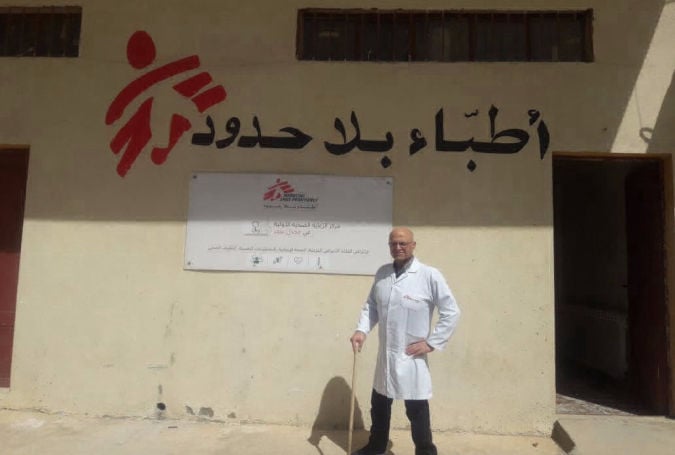
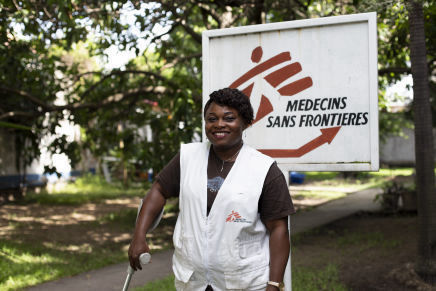
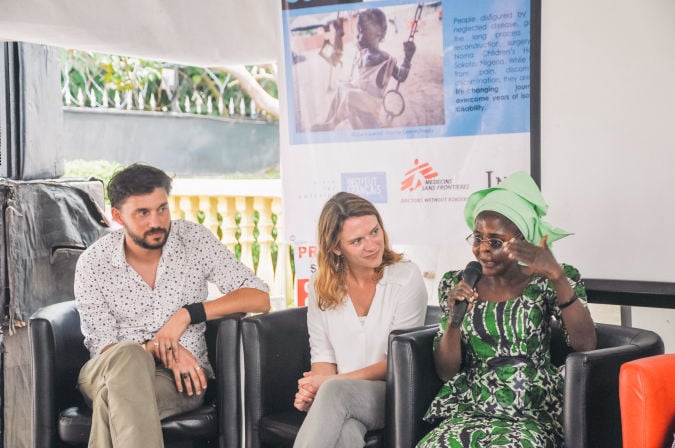
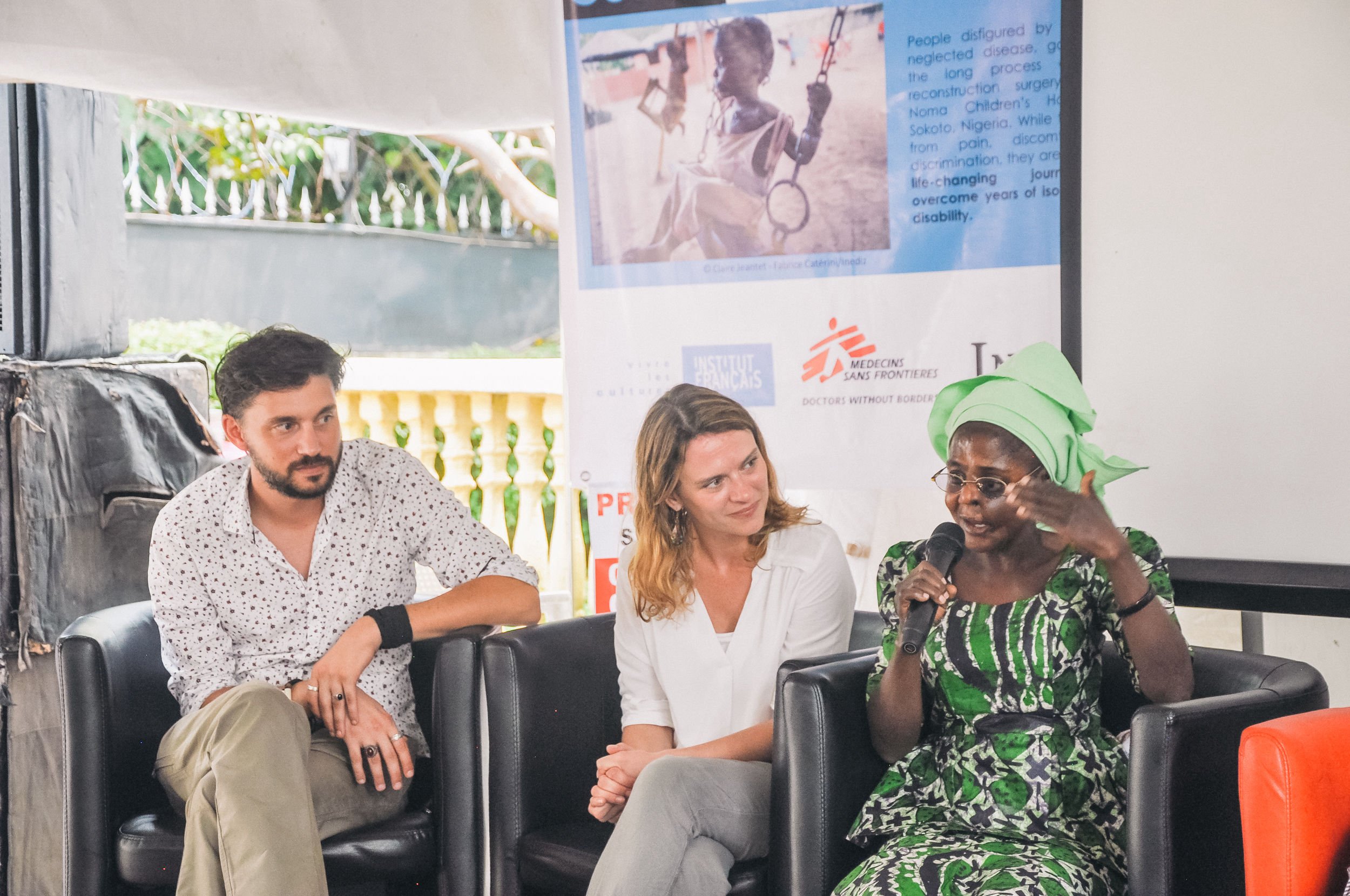
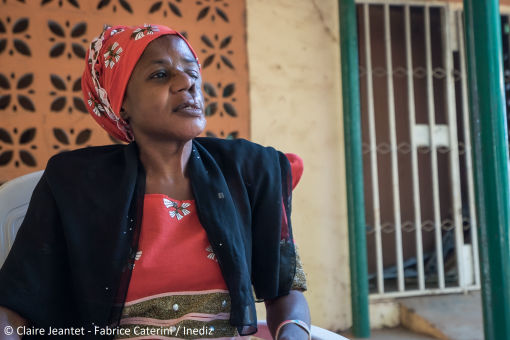
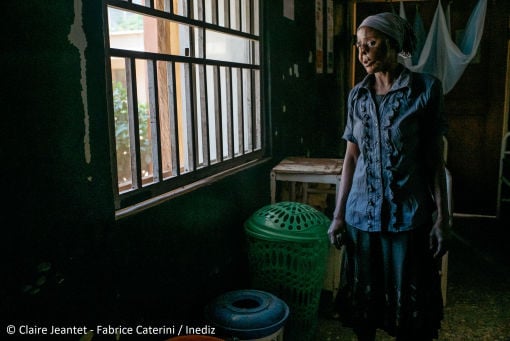
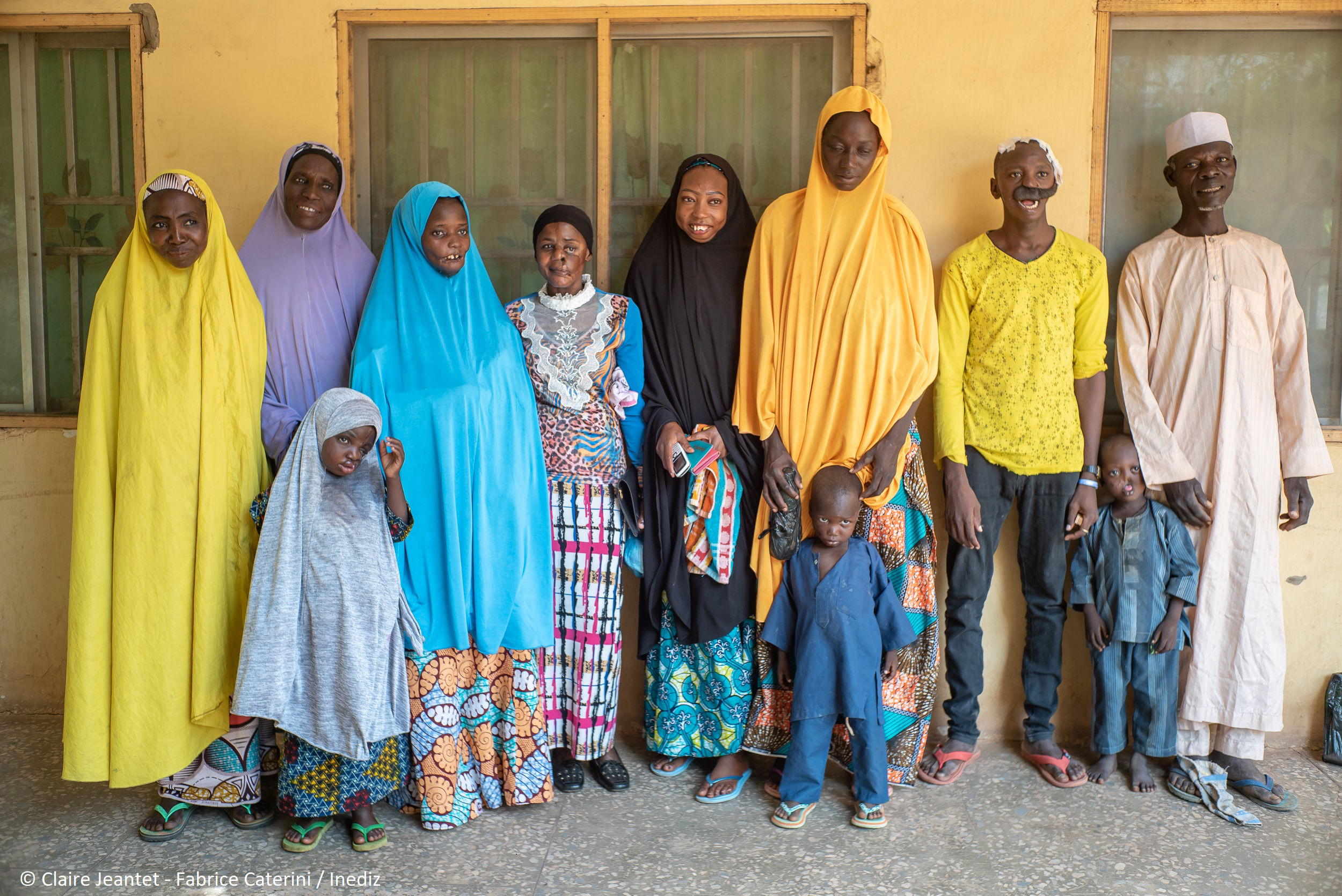
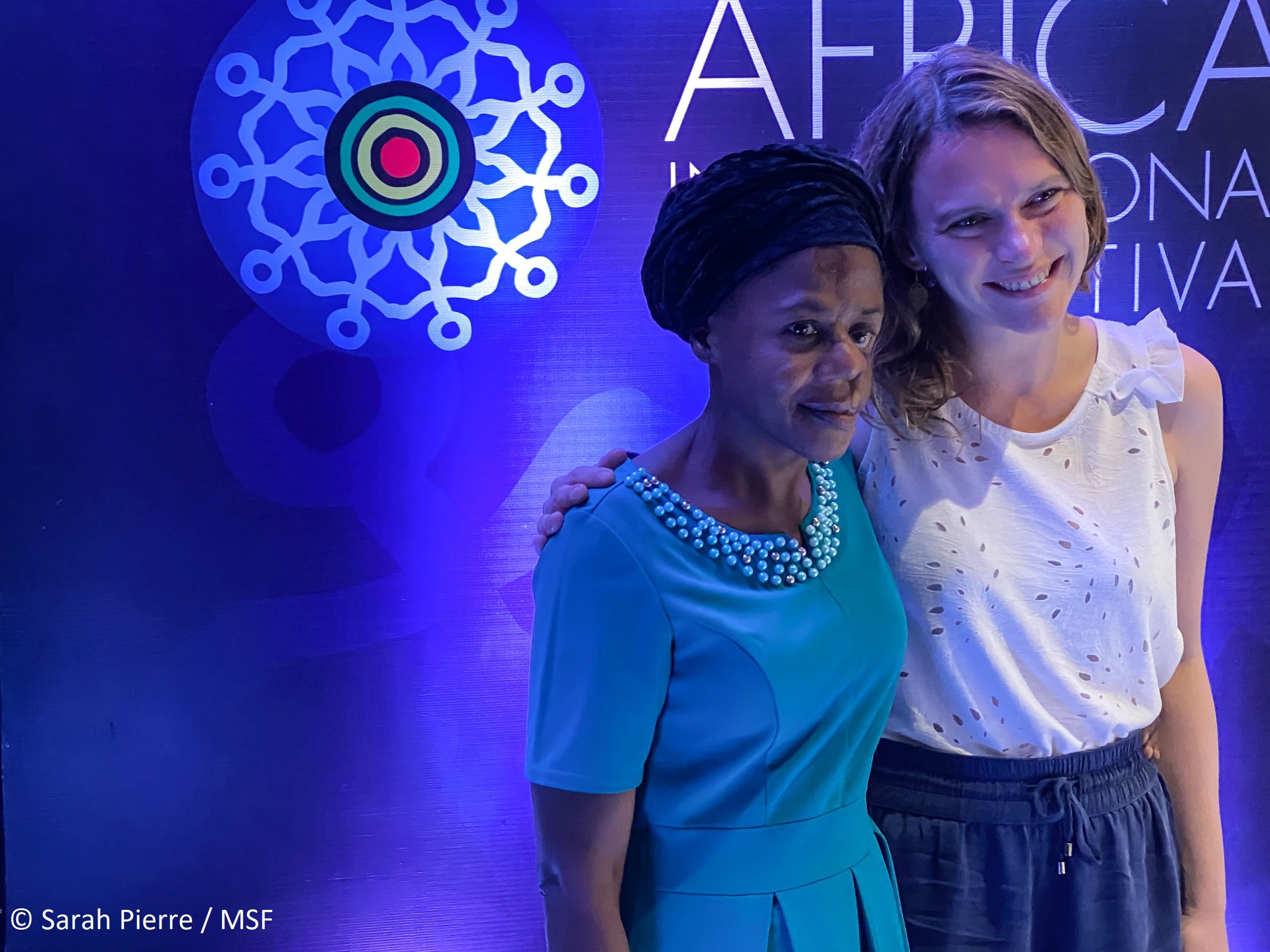
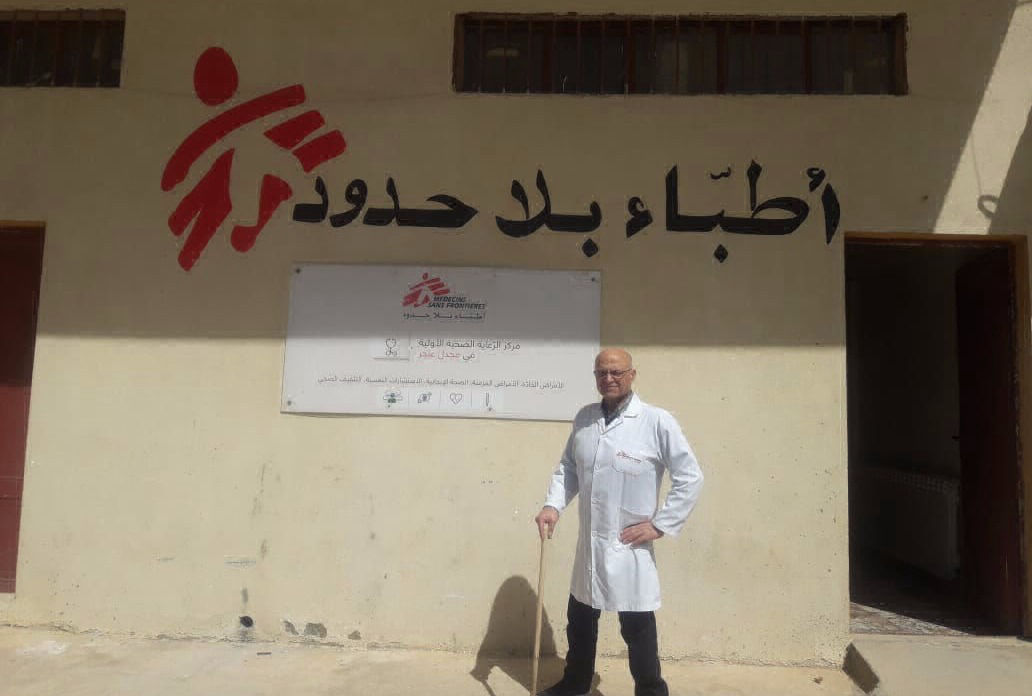
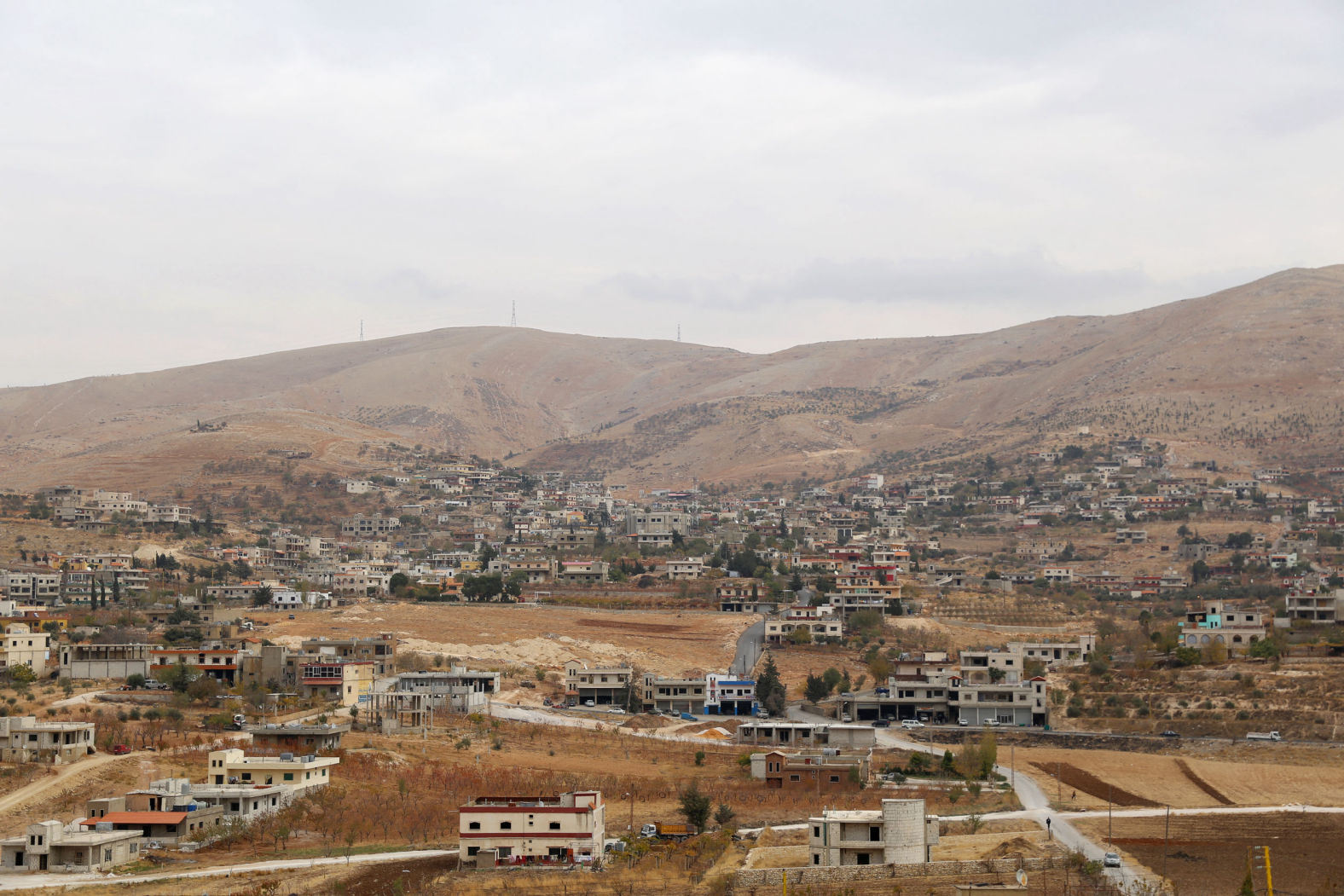
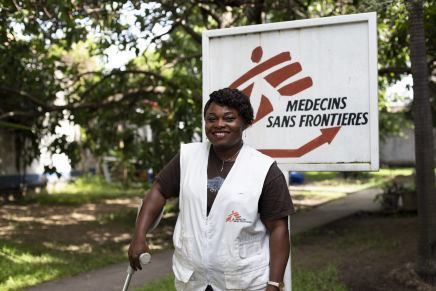
SHARE THIS PAGE!